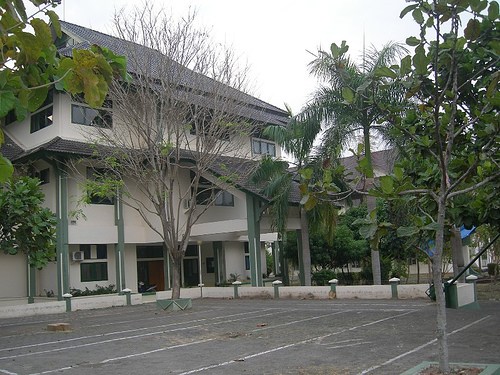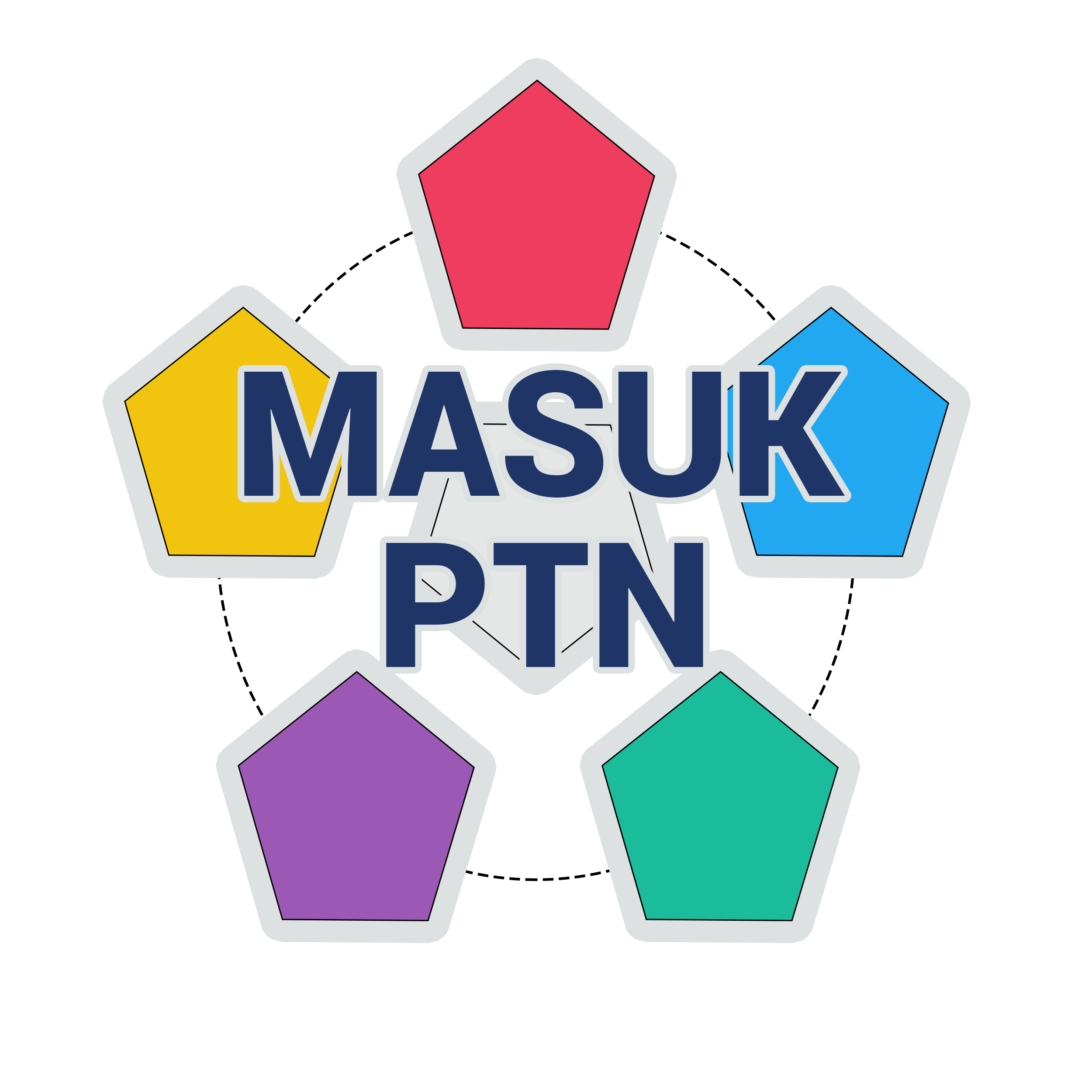HISTORY OF MECHANICAL ENGINEERING DEPARTMENT
In the 1980s, the development of the manufacturing industry, including the Mechanical Engineering-based industry, took place rapidly. At that time, in order to meet the needs of Mechanical Engineering personnel, the government had launched the Engineers Accelerated Education Program, where one of the majors whose graduation was accelerated was Mechanical Engineering. This development has been anticipated by the Faculty of Engineering, Diponegoro University to establish the Department of Mechanical Engineering with the presence of Ir. Slamet Waluyo (late) as Head of the Mechanical Engineering Study Program. With the intention of the Chancellor of Diponegoro University, at that time Prof. dr. Moeljono S. Trastotenojo in June 1983 opened the Mechanical Engineering Study Program which became another part of the Chemical Engineering Department.
In the early period of the establishment of the Mechanical Engineering Study Program, the number of permanent lecturers who joined this section was only 15 people. However, with increasing time, the Mechanical Engineering Study Program has increased its position to become the Department of Mechanical Engineering in accordance with the Decree of the Director General of Higher Education No.78/DIKTI/Kep/1998 and obtained an A accreditation rating (according to the Decree of the Director General of Higher Education). Accreditation A rating has been maintained until 2017. In addition to maintaining the A accreditation in the Department of Mechanical Engineering, the courses in the curriculum taught have also been recognized as equivalent to the international curriculum. This is evidenced by the existence of a student exchange program from the Pukyong National University of South Korea who attended lectures at the UNDIP Department of Machinery. In 2016, the Department of Mechanical Engineering changed to the Department of Mechanical Engineering. Currently, the Department of Mechanical Engineering has 37 lecturers with a composition of 24 lecturers holding Doctoral degrees, 6 lecturers currently pursuing a Doctorate, 7 lecturers holding Masters degrees.
The Department of Mechanical Engineering currently has three study programs, namely:
- Mechanical Engineering 1 (S1) undergraduate study program that has been accredited A and AUN International Accreditation.
- Mechanical Engineering (S2) Masters Study Program which has been established since 2007 and has been accredited B.
- The Mechanical Engineering Doctoral Study Program (S3) was established in 2013, currently applying for accreditation from BAN PT.
LAB
The Mechanical Engineering Department has nine laboratories of which six are instructional laboratories and the others are support laboratories. The list of instructional laboratories and supporting laboratories is as follows:
a. Education Laboratory (used Practicum):
- Engineering Materials Laboratory
- Thermofluid Laboratory
- Production Process Laboratory and CNC
- Metrology Laboratory
- Vibration Laboratory and Diagnostic Machine
b. Research Laboratory :
- Automation and Computing Robotics Laboratory
- Energy Efficiency and Conservation Laboratory
- Engineering Design & Tribology Laboratory
- Labs. Mechatronics, Instrumentation, and Reliability
PEOGRAM STUDI
Vision and mission
- Mechanical Engineering Department Vision:
The Department of Mechanical Engineering as a higher education institution in the mechanical field seeks to produce professional graduates, and produce quality research
- Mission of the Mechanical Engineering Department:
- Organizing higher education in the field of mechanics in producing professional graduates (excellent and competitive);
- Carrying out research that results in publications, intellectual property rights, and technology in developing science, engineering, and technology in the mechanical field and related scopes;
- Organizing community service in helping to solve problems in the community related to the mechanical field.
- Strategic objectives:
- The production of graduates who have academic, or professional competence, or an entrepreneurial spirit who can develop and apply science, engineering and technology in the mechanical field;
- Produce research and disseminate research results in the form of publications in national and international journals, as well as in the form of other intellectual property rights;
- The implementation of science and technology, including the results of research for community service activities.

 MASUK PTN
MASUK PTN